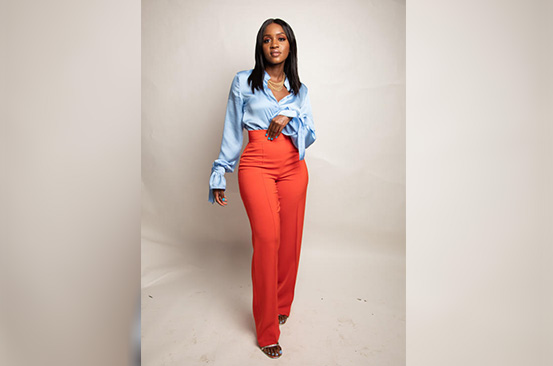×
The Standard e-Paper
Fearless, Trusted News

Anita Gaitho looked around her and couldn’t find stylish clothes. She was uninspired by the cuts and fabrics and so decided to take action. She could create clothes that would speak to a woman like her; young, fashionable and conscious of their image. Siri Studio, born five years ago is a fashion design house that makes contemporary clothing with a touch of class for the modern woman.

There was nothing at all to suit your taste?